The Tirukkural
By: Gopalkrishna Gandhi
-
Rs 2,155.50
- Rs 2,395.00
- 10%
You save Rs 239.50.
Due to constant currency fluctuation, prices are subject to change with or without notice.
Not much is known about Tiruvalluvar—he is believed to have been one or more of the following: a weaver, an ascetic, a teacher, a minister, a seafarer or even a king. What is indisputable, as Gopalkrishna Gandhi says in the preface, is that he was ‘a clear thinker’, ‘a sharp observer of life’ and ‘a master of his language and…complex poetic forms’.
‘Kural’, in Tamil, means ‘short’. Each of the Tirukkural’s 1,330 verses holds its meaning tightly, gives its message in something like telegraphese. Often called the universal book of principles, the work is organized into 133 chapters and three books. ‘Book I: Being Good’ is aimed at householders and sets out the principles of leading an ethical life. ‘Book II: Being Politic’ is a manual for rulers and statesmen on the qualities and duties of leaders, aspects of governance, military strategies, and methods to acquire wealth honestly. ‘Book III: Being in Love’ is a poetic exposition on love. It is presented from the points of view of both the man and the woman in different situations—from the moment of falling in love, through the pain of separation to the joy of reconciliation.
Talking about our classics, the philosopher and statesman Dr S. Radhakrishnan said as they ‘constitute the essential spirit of our culture, are a part of our very being, they should receive changing expression according to the needs and conditions of [a particular] time.’ Gopalkrishna Gandhi’s retelling of the Kural, in keeping with that philosophy, showcases the great beauty and wisdom of Tiruvalluvar’s masterpiece for the twenty-first-century reader.
| Book | |
| What's in the Box? | 1 x The Tirukkural |
Not much is known about Tiruvalluvar—he is believed to have been one or more of the following: a weaver, an ascetic, a teacher, a minister, a seafarer or even a king. What is indisputable, as Gopalkrishna Gandhi says in the preface, is that he was ‘a clear thinker’, ‘a sharp observer of life’ and ‘a master of his language and…complex poetic forms’.
‘Kural’, in Tamil, means ‘short’. Each of the Tirukkural’s 1,330 verses holds its meaning tightly, gives its message in something like telegraphese. Often called the universal book of principles, the work is organized into 133 chapters and three books. ‘Book I: Being Good’ is aimed at householders and sets out the principles of leading an ethical life. ‘Book II: Being Politic’ is a manual for rulers and statesmen on the qualities and duties of leaders, aspects of governance, military strategies, and methods to acquire wealth honestly. ‘Book III: Being in Love’ is a poetic exposition on love. It is presented from the points of view of both the man and the woman in different situations—from the moment of falling in love, through the pain of separation to the joy of reconciliation.
Talking about our classics, the philosopher and statesman Dr S. Radhakrishnan said as they ‘constitute the essential spirit of our culture, are a part of our very being, they should receive changing expression according to the needs and conditions of [a particular] time.’ Gopalkrishna Gandhi’s retelling of the Kural, in keeping with that philosophy, showcases the great beauty and wisdom of Tiruvalluvar’s masterpiece for the twenty-first-century reader.
Zubin Mehta: A Musical Journey (An Authorized Biography)
By: VOID - Bakhtiar K. Dadabhoy
Rs 840.00 Rs 1,050.00 Ex Tax :Rs 840.00
The History of Sexuality: 1 - The Will to Knowledge
By: Michel Foucault
Rs 2,795.00 Ex Tax :Rs 2,795.00
The History of Sexuality: 3: The Care of the Self
By: Michel Foucault
Rs 3,095.00 Ex Tax :Rs 3,095.00
The History of Sexuality: 2 - The Use of Pleasure
By: Michel Foucault
Rs 3,295.00 Ex Tax :Rs 3,295.00
The Origins of Political Order From Prehuman Times to the French RevolutioN
By: Francis Fukuyama
Rs 4,495.00 Ex Tax :Rs 4,495.00
The History of Sexuality: 1 - The Will to Knowledge
By: Michel Foucault
Rs 2,795.00 Ex Tax :Rs 2,795.00
The History of Sexuality: 3: The Care of the Self
By: Michel Foucault
Rs 3,095.00 Ex Tax :Rs 3,095.00
The History of Sexuality: 2 - The Use of Pleasure
By: Michel Foucault
Rs 3,295.00 Ex Tax :Rs 3,295.00
No recently viewed books available at the moment.
Zubin Mehta: A Musical Journey (An Authorized Biography)
By: VOID - Bakhtiar K. Dadabhoy
Rs 840.00 Rs 1,050.00 Ex Tax :Rs 840.00
The History of Sexuality: 1 - The Will to Knowledge
By: Michel Foucault
Rs 2,795.00 Ex Tax :Rs 2,795.00
The History of Sexuality: 3: The Care of the Self
By: Michel Foucault
Rs 3,095.00 Ex Tax :Rs 3,095.00
The History of Sexuality: 2 - The Use of Pleasure
By: Michel Foucault
Rs 3,295.00 Ex Tax :Rs 3,295.00












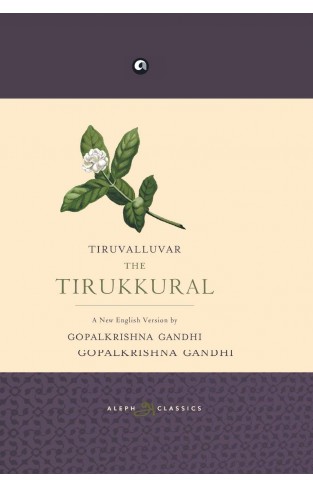
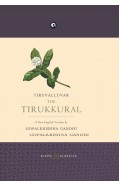
-120x187.jpg?q6)





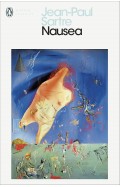
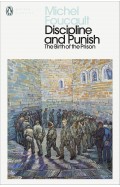
-120x187.jpg?q6)
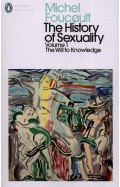
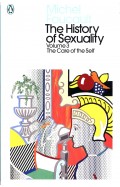
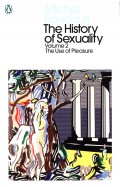





-120x187.jpg?q6)


-120x187.jpg?q6)